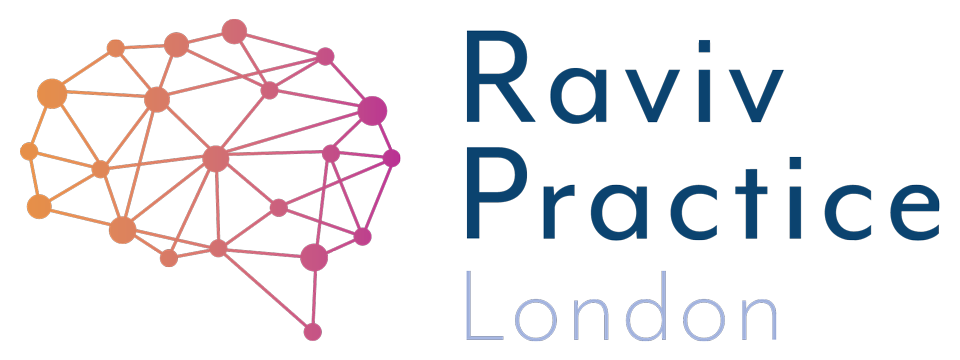Music and Education
By Usha Patel, Learning Difficulties Therapist Raviv Practice London.
Music and actively playing an instrument helps a young child develop an assortment of skills. A simple activity of an infant banging on a sauce pan with a spoon is potentially developing rhythmic skills. The rhythms create an awareness of sequences Creating a repeated sequence of noises, adds logic to the whole process not to mention the hand eye co-ordination and large motor skill development.
My daughter, now 6, started to learn the piano at age 3. Her build up to this activity was introduced through play in a very structured way by means of Kinder Musik . Kinder Musik combines games with music theory and suits any infant from age 18 months and upwards. Using ribbons, tambourines, clapping, singing, and anything else to create sounds, it helps nurture musical understanding
I have not had any musical training myself, but I understand how children learn developmentally from my work as a Learning Difficulties Therapist. I see music and musical training as a huge bonus to any child's development. I attribute my child's academic development to this early introduction to music and learning an instrument.
Playing any instrument teaches a child to listen carefully and understand what is heard. Is it loud, quiet, soft, slow or fast? They are learning to distinguish exactly what they hear which is vital for clearer understanding of speech which in turn leads to a better reading. It is not just the sound that is important, the pauses in between are equally as important. The ability to observe silence or a pause in music is the same skill as observing a comma or a full stop when reading. Without the pause, reading comprehension is very difficult to acquire.
In terms of preschool skills, learning an instrument also deals with sequencing, memory both long and short term and developing concentration skills.
What makes learning a musical instrument so fascinating for me is that the brain has to simultaneously work many of its key centres like the auditory, the visual and the motor regions. The child has to listen to what they play and anticipate the next note from memory and whether it makes sense in terms of how it fits. Initially it is an auditory process as children just play by listening. Then once they understand how to read music, it becomes a visual process too. Playing a piano with both hands develops bilateral coordination - by this I mean the left side of the brain controls the right hand and right side of the brain controls left hand. Everything considered, it is an essential brain work out not to mention the enjoyment/satisfaction it brings when the child masters how to play a particular piece of music.
But not all music teachers are a like. There are specialist teachers using methods specifically designed to help budding mini Mozarts. Kinder Musik and the British Suzuki Institute are two places to start. In NorthWest London I can recommend www.reindersmusicschool.co.uk who specialises in teaching young children.
The Suzuki Institute has centres all around the world. The philosophy and technique of teaching very young children music by teaching the parent alongside their child who in turn coach their child at home when practising. Group cohesion is fostered by having concerts where all children participate regardless of their ability.
I will never forget the first concert my daughter played in at the age of three. She was lifted onto the music stool and whilst the piece was partially assisted by her teacher, she grew a foot taller with confidence in a matter of the duration of her piece aof all of one minute.
Usha Patel is a Learning Difficulties Therapist for problems such as AD(H)D, dyslexia, dyspraxia, Concentration, ASD visit www.ravivpracticelondon.co.uk and www.integratebrain.co.uk to see how she helps parents and teachers.
© Usha Patel. Raviv Practice London 2012
